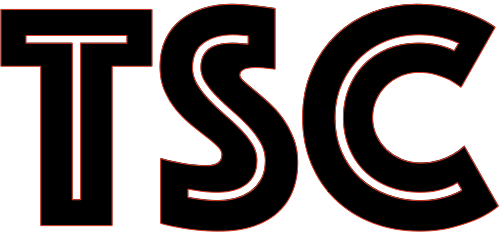
When you make purchases through our links we may earn a small commission.

Photo Credit: Unsplash
The Most Egregious Attack on Free Speech: Trump's Assault on Kaepernick
In a nation built on the principles of freedom of speech and expression, the First Amendment of the United States Constitution has been a cornerstone of American democracy. It protects the right to dissent, criticize, and peacefully protest against injustices. However, during his tenure as President, Donald Trump’s attack on former NFL player Colin Kaepernick for his peaceful protest against police brutality was a flagrant disregard for the fundamental principles enshrined in the First Amendment. Trump’s actions not only undermined the very fabric of American democracy but set a dangerous precedent for the future of free speech in the United States.
Unjust Criticism and Mischaracterization
President Trump’s relentless attacks on Colin Kaepernick, who peacefully knelt during the national anthem to draw attention to racial inequality and police violence, were both unjust and deeply divisive. Instead of engaging in a constructive dialogue about the issues Kaepernick sought to highlight, Trump resorted to personal attacks and mischaracterizations. By labeling Kaepernick and other athletes who joined the protest as “disrespectful” to the flag and the military, Trump deliberately diverted attention from the core message of their peaceful protest.
The Importance of Peaceful Protest
The First Amendment protects the right of citizens to engage in peaceful protest as a means of expressing their dissent and bringing attention to social issues. Throughout history, peaceful protests have played a crucial role in advancing civil rights, women’s suffrage, and countless other causes. By choosing to kneel during the national anthem, Kaepernick exercised his right to peacefully protest, drawing attention to the systemic issues that marginalized communities face. However, instead of acknowledging and addressing these concerns, President Trump used his platform to vilify and suppress those exercising their First Amendment rights.
An Attack on the Foundation of Democracy
President Trump’s attack on Colin Kaepernick represents a direct assault on the very essence of American democracy. The First Amendment was designed to protect dissenting voices, encourage robust public debate, and foster an environment in which citizens can openly express their grievances. When the President of the United States publicly ridicules and calls for the punishment of individuals exercising their constitutional rights, it undermines the democratic principles that have made the nation strong.
The Power of the Presidency
As the leader of the nation, the President holds a position of immense influence and power. This influence comes with a responsibility to uphold the principles upon which the United States was founded. Unfortunately, Trump’s attacks on Kaepernick showcased a flagrant abuse of that power. Rather than using his platform to promote unity, understanding, and constructive dialogue, Trump’s divisive rhetoric only served to deepen societal divisions and erode the public’s faith in their democratic institutions.
President Trump’s attack on Colin Kaepernick and his peaceful protest stands as one of the most egregious assaults on the First Amendment in American history. By seeking to suppress dissent and vilify those who peacefully express their concerns, Trump undermined the core principles upon which the United States was built. The First Amendment protects the right to free speech and peaceful protest precisely because it recognizes the value of open dialogue and dissent in shaping a more just and equitable society. As a nation, we must recognize the importance of safeguarding these rights and defending the freedom of expression, even when it challenges the status quo.


Video: Mad Money Lightning Round 3/18 | Jim Cramer

Video: Naked Eggs Benedict | Food Wishes



Video: Sommelier Tries 11 Costco Wines | Bon Appétit


Best of Palm Desert: Happy Hours

Tee Off in Paradise: The 10 Best Golf Courses in Palm Desert













